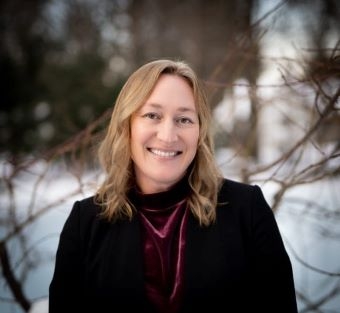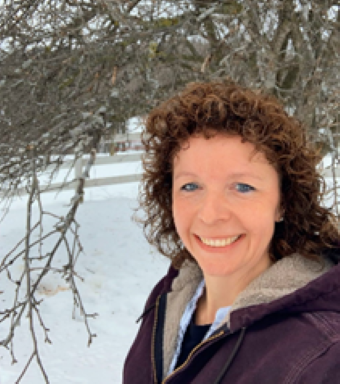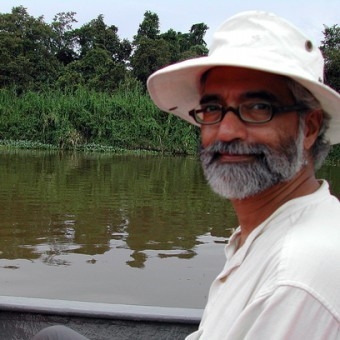"Protecting New York's wildlife and habitats in a changing climate"
Katharine Petronis, Deputy Commissioner of Natural Resources, New York State Department of Environmental Conservation
Katie Petronis serves as Deputy Commissioner for Natural Resources for the New York State Department of Environmental Conservation (DEC). In that role, she manages DEC’s natural resource portfolios, which include Lands and Forests, Fish and Wildlife, Marine Resources, and Outdoor Recreation. Prior to her time at DEC, she was with the Open Space Institute (OSI), an East Coast land trust based in New York. During her time at OSI, Ms. Petronis served as Associate Counsel, Project Manager, and Northern Program Director, managing land conservation and recreational planning programs for OSI’s NY conservation work. Additionally, she has served as past Board President for her local community land trust, Saratoga Preserving Land and Nature (PLAN); founding board member and past Board Chair of local community garden and farming education center, Pitney Meadows Community Farm; and board member of the nonprofit environmental publication, Adirondack Explorer. She attended Emory University before earning degrees in journalism and sociology from the University of Colorado at Boulder in 2001. She earned a law degree from the University of Colorado School of Law in 2006, where she served as President of the Environmental Law Society.
Jacqueline Lendrum, Director of Fish and Wildlife, New York State Department of Environmental Conservation
Jackie serves as the Director of the Division of Fish and Wildlife for the New York State Department of Environmental Conservation (DEC). In that role, she works to describe, understand, manage and perpetuate a healthy and diverse assemblage of fish, wildlife, and ecosystems for 20 million New Yorkers. Jackie has spent almost 20 years at DEC working to protect, restore, and safeguard environmental resources and public health. She received a B.S. degree in Biology and Psychology from Rensselaer Polytechnic Institute and a PhD in Environmental Health and Toxicology from the State University of New York at Albany in the School of Public Health.
Jackie, a 15-year veteran of the DEC, is one of the nation's foremost water quality experts. She was selected by Commissioner Basil Seggos to lead DEC’s division of Fish and Wildlife in early 2022.



